

Litter Free Dorset is urging for a ban on the sale of single-use disposable BBQs. We hope you join us in calling businesses to discontinue the sale of disposable BBQs and encourage others to opt for more sustainable alternatives.
We propose that stores replace their disposable BBQ offerings with reusable options, actively promoting the use of environmentally friendly alternatives.
We are supporting Keep Britain Tidy with their campaign for a ban on single-use barbecues ‘Ban The Flaming Things’. In 2023, Keep Britain Tidy partnered with Eunomia Research and Consulting to compile a comprehensive report on the environmental impact of single-use barbecues, sky lanterns, and helium balloons. The full report can be accessed here: Eunomia Final Research Report
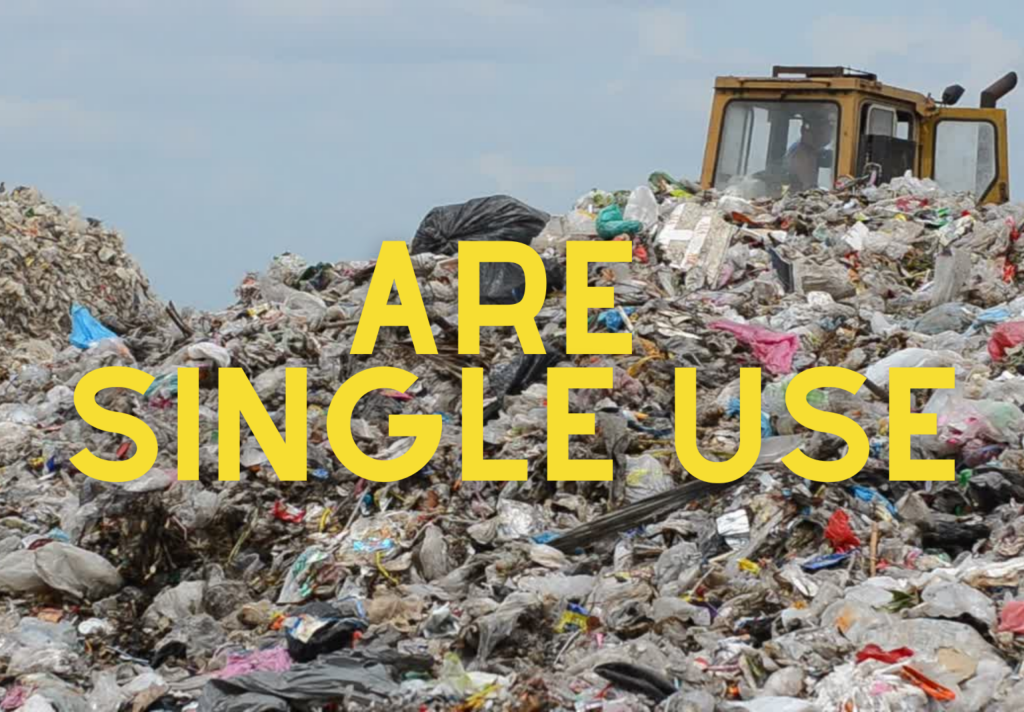


8-10 million single-use barbecues are sold in the UK every year!
They are packaged with:
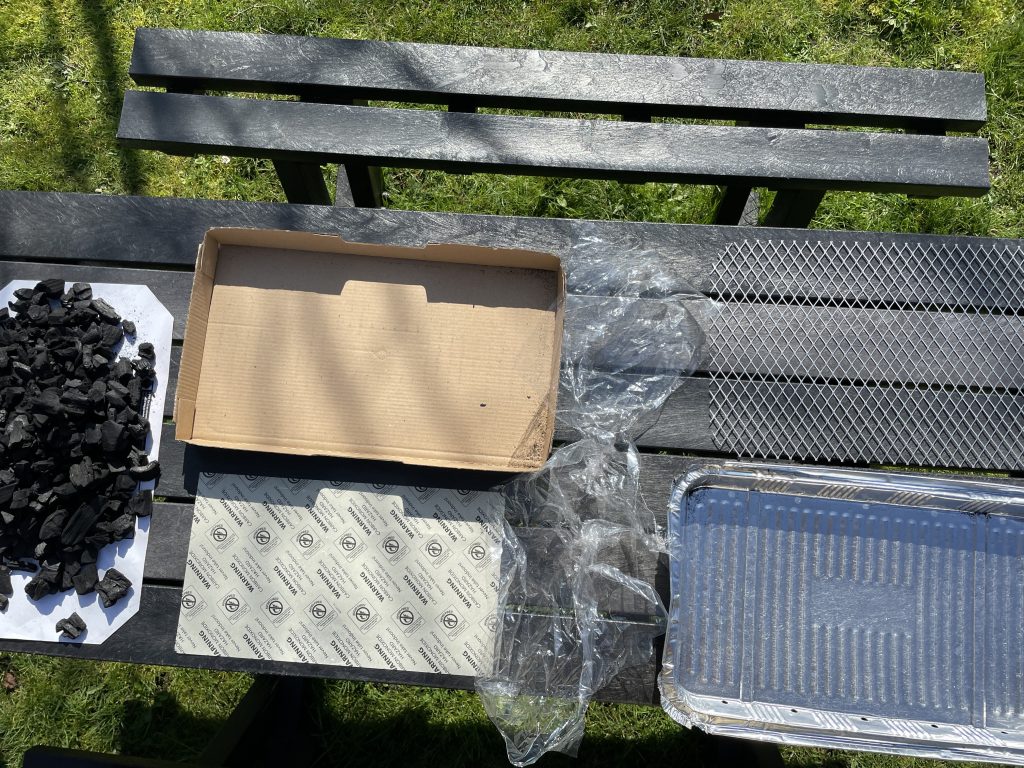
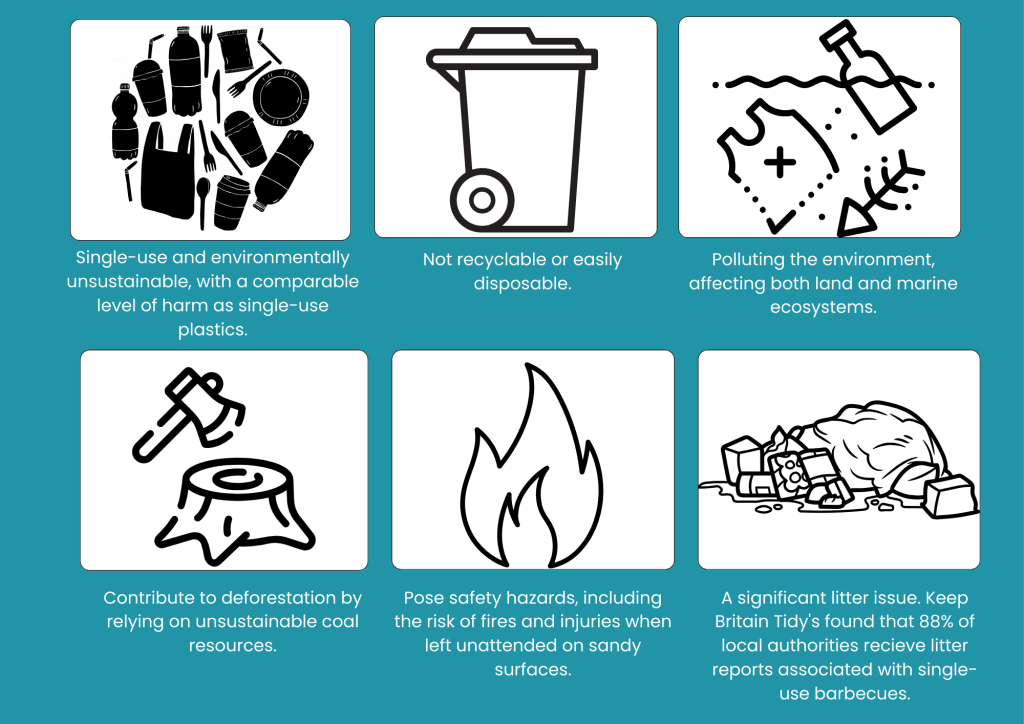
Stories From Dorset

Wareham Fire Incident – In May 2020, a catastrophic fire erupted at Wareham Forest, persisting for over two weeks. This destructive blaze destroyed the equivalent of 350 football pitches of precious heathland, known for hosting rare birds, plants, and invertebrates. The scorched landscape faces a recovery period exceeding a decade, incurring a financial toll of over half a million pounds for the Dorset and Wiltshire Fire Service to combat. The suspected origin of the fire points to a disposable BBQ.

Beach Littering–Single use BBQs are not suitable for use in public spaces. The high heat output of these barbecues make it difficult to safely cool them down for disposal. Consequently, individuals often resort to burying the barbecues in the sand and abandoning them on the beach. This not only harms the environment but also presents a significant danger. There have been numerous incidents of people stepping on concealed barbecues, resulting in severe burns or cuts.
Alternatives to Disposable BBQs
Reusable Portable BBQs: Ideal for enjoying your favourite outdoor spots and can be used multiple times, saving money and reducing waste.
Home Grills: Safer and more environmentally friendly, utilising significantly less carbon compared to traditions coal barbecues.
BBQ Rental: Explore hire schemes available at various sites. Electric BBQs are provided free of charge on beach fronts in Bournemouth and Poole.
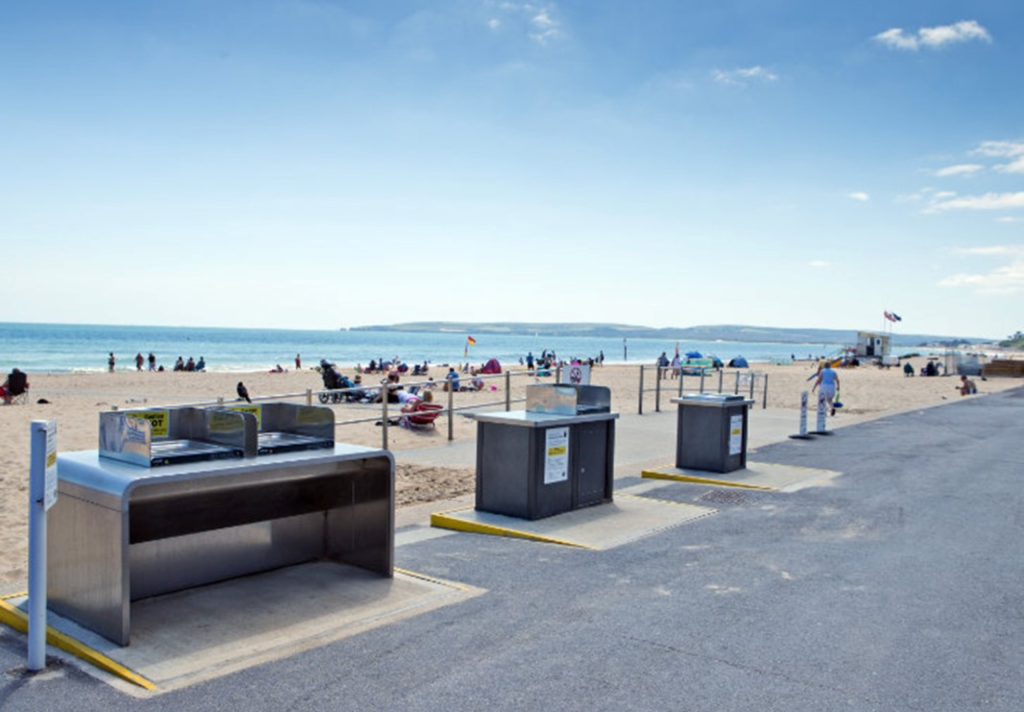
Litter Free Dorset Disposable Barbecue Recycle Event
In 2023, Litter Free Dorset collaborated with Southern Co-op and W&S Recycling to disassemble and recycle 8000 disposable barbecues. These barbecues were remnants from Southern Co-op, which decided to cease their sale following the destructive heathland fires of 2022. More than 60 volunteers participated in the event, repurposing 8000 barbecues and raising awareness of their environmental impact.
The plastic, paper and cardboard components were processed through household recycling, while the metal components were directed to the W&S scrap site. Additionally, six tonnes of charcoal briquettes were donated to Swanage Railway for utilisation on the Swanage Steam Train.
Campaign to Remove Disposable BBQs from Sale
We reached out to businesses in Dorset to request they remove disposable BBQs from sale completely. We continue to push this agenda and ask every to help spread the message by sharing our letter local businesses who stock disposable BBQs.
#ChooseToRemoveDisposableBBQs.
This letter is supported by Dorset Council and the Urban Heaths Partnership.
Do you know of a store (not listed) that has chosen to remove disposable BBQs from sale? Email Litter Free Dorset to let us know.
The BBQ Ban
In 2021 Dorset Council banned disposable BBQs and campfires from high fire risk areas across Dorset – this includes heathland. A joint campaign with local authorities, organisations and landowners took place to communicate to visitors and residents where they are not allowed to have BBQs and campfires.
A map was created to show where BBQs are not allowed across Dorset. Please see the link below.
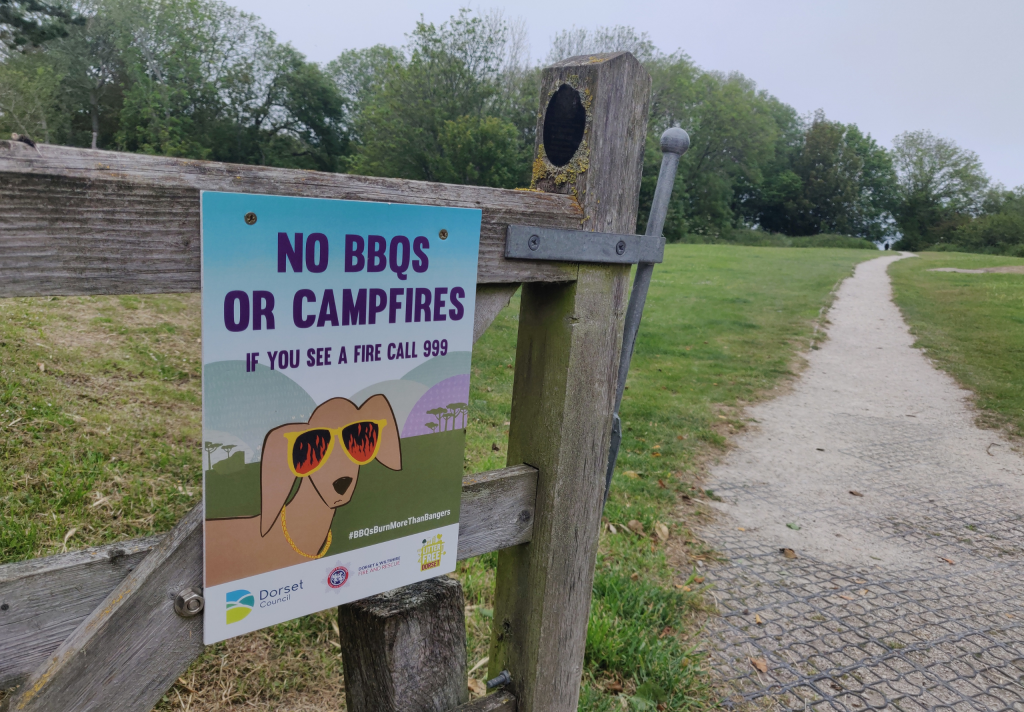
While fireworks undoubtedly offer a stunning conclusion to events, it’s important to recognise their environmental impact. These dazzling displays not only leave behind plastic waste but also release chemicals that can contribute to air and water pollution, affecting our natural surroundings. Additionally, the loud noises and bright lights from fireworks can cause distress to pets and wildlife, disrupting their habitats and routines.
The Issue

Fireworks can cause huge amounts of distress to our pets and wildlife. This can cause them harm or even put their lives in danger.
Click this link to find out more from the RSPCA.

Moreover, the debris produced by fireworks, including spent casings and residues, contributes to litter and pollution. The plastic components can persist in the environment for an extended period, contributing to the issue of plastic pollution.

The combustion of fireworks release pollutants such as heavy metals, perchlorates, and other toxic substances. These contaminants can contaminate soil, water bodies, and air, posing potential health hazards to both humans and ecosystems.
Alternatives
The best way to enjoy fireworks whilst reducing their impacts is to attend a local organised display instead of having your own at home. Organised displays are safer, cheaper and reduce disturbance to pets and neighbours. There are lots of amazing viewpoints around Dorset that you can watch a display from:

Event organisers can minimise environmental impacts by choosing eco fireworks that contain less harmful chemicals. You can also put on spectacular displays using drones, lasers and LED lighting.
We strongly support Keep Britain Tidy’s campaign calling for a ban on sky lanterns. Each year, approximately 2.25 million sky lanterns are released in the UK causing harm to our wildlife, environment and homes.
The Issue

The flaming descent of sky lanterns can ignite vegetation, leading to uncontrolled fires that not only endanger wildlife but also put human lives and property at risk. The damage from these fires can have long-lasting ecological impacts.

The lanterns’ debris can be ingested by animals, leading to injuries, digestive issues, and, in some cases, fatalities. This underscores the urgent need for a ban on sky lanterns to mitigate the environmental and animal welfare risks associated with their use.
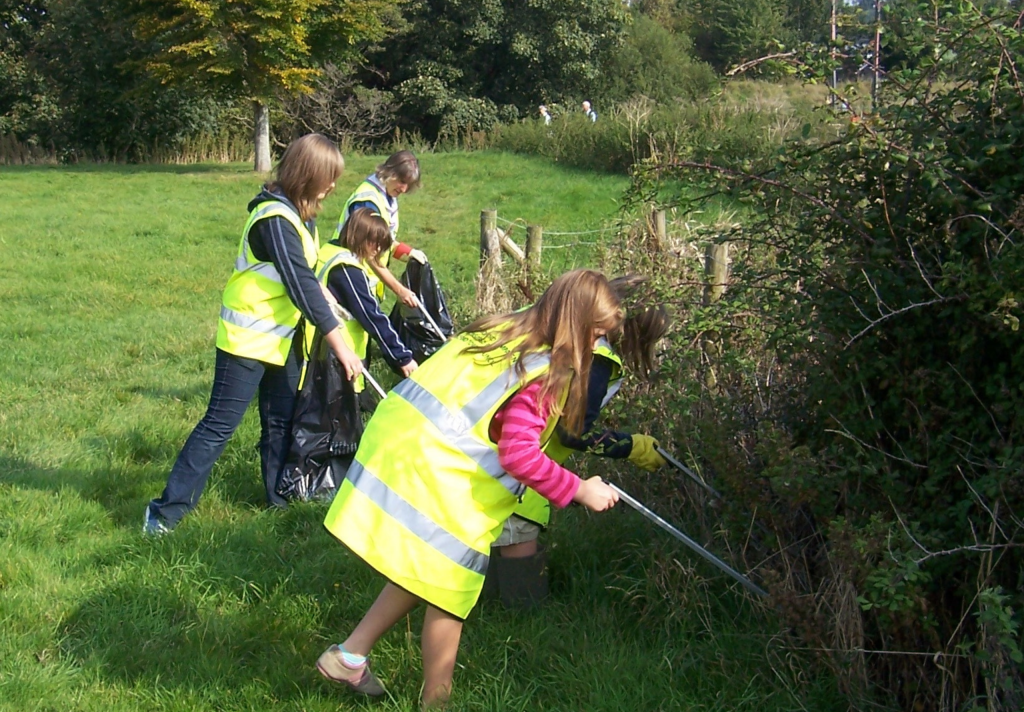
The remnants of sky lanterns, made from a combination of paper, bamboo, plastic, or metal wire, contribute to environmental pollution. The materials, once extinguished, fall back to the ground as litter. This litter not only clutters the landscape but also raises concerns about the impact on soil and water quality, as they contain non-biodegradable components.
Alternatives
We know that sky lanterns are often released to celebrate joyful occasions such as weddings, or as a way to commemorate loved ones. We still want everyone to enjoy those special moments and we have created a list of other things you can consider when planning that special occasion.

Sky Lantern and Balloon Release Policy
By working in partnership with Dorset Council we implemented a Sky Lantern and Balloon release policy.
This bans all balloon and lantern releases on Dorset Council land and leased land. It also covers events supported, financially or otherwise, by Dorset Council including those not on Council owned land. Through this policy Dorset Council will also call for the restriction of sky lantern and balloon releases by other landowners across Dorset. It will also carry out public communications dissuading the release of sky lantern and balloon releases by Dorset residents, visitors, businesses, and organisations and promote sustainable alternatives.
BCP Council also have a ban on the release of sky lanterns and helium balloons on Council land. They also do not allow the release of balloons at any events licensed by BCP Council.
Below are the links to the Dorset Council page on their lantern and balloon release policies.
